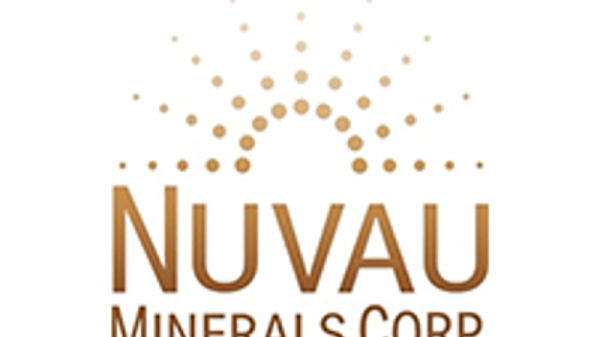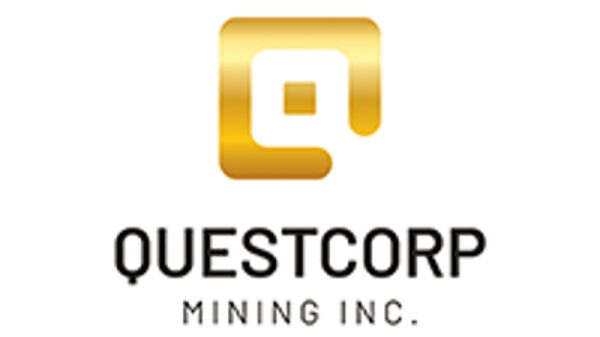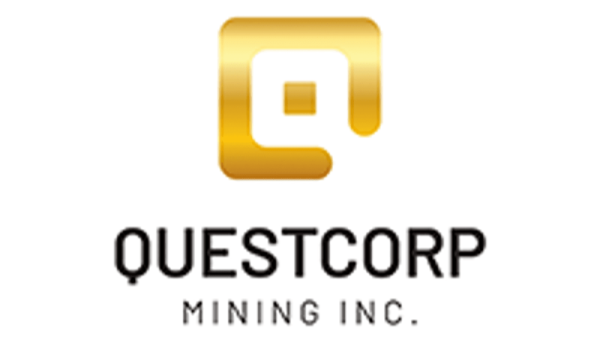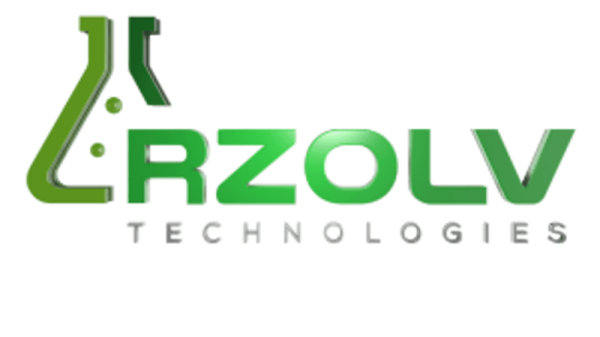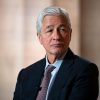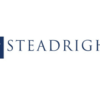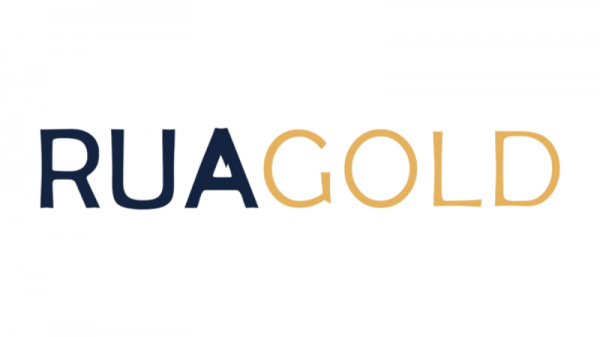Longevity research companies are working to promote healthy aging and extend life expectancy.
A long, healthy life is something everyone has a vested interest in, but that doesn’t mean it’s always easy to get into longevity investing. Many longevity research companies remain private, meaning it’s difficult for the average person to secure a stake.
However, investors shouldn’t ignore private companies in the longevity sector, as they represent a potential opportunity to gain exposure to rapid growth in a sector that touches diverse life science markets.
These private longevity research companies are working on innovative studies and employing technologies such as AI to target diseases associated with aging, including cardiovascular disease, type 2 diabetes and various cancers. If they do go public one day, investors who have them on their radar already will be ahead of the game.
Here’s a short list of some of the top private longevity research companies making headlines today.
1. Altos Labs
Based in Los Altos, California, Altos Labs is a biotechnology company that is developing cellular rejuvenation programming to promote healthy cells in the human body and revive cells damaged by environmental stresses. The company is also establishing operations in San Diego and the UK, and is working on collaborations in Japan.
Launched after a US$3 billion investment round in early 2022, Altos Labs reportedly has the backing of big-name investors, including Amazon’s (NASDAQ:AMZN) Jeff Bezos. Altos Labs CEO Hal Barron is the former president of research and development and chief scientific officer for the pharmaceutical giant GlaxoSmithKline (LSE:GSK,NYSE:GSK).
The company has stacked its team with some of the world’s leading scientists, including: Jennifer Doudna, the co-winner of the 2020 Nobel prize in chemistry for the development of the gene-editing tool CRISPR; and Shinya Yamanaka, the winner of the 2012 Nobel prize in medicine for stem cell research.
‘Altos seeks to decipher the pathways of cellular rejuvenation programming to create a completely new approach to medicine, one based on the emerging concepts of cellular health,’ said Rick Klausner, chief scientist and founder of Altos Labs and the former director of the National Cancer Institute.
In research work from March, scientists from Altos Labs and Cambridge Institute of Science uncovered why vertebrates such as humans make myelin, a fatty acid that protective the axons of nerve cells in the human brain, enabling our species to quickly process information. Their study revealed that myelin production is regulated by a molecular parasite called RNLTR12-int, which is believed to have infected a common ancestor.
2. Arena BioWorks
Biomedical research institute Arena BioWorks is one of the newest longevity-focused private firms on this list. Located in the Kendall Square biotech hub in Cambridge, Massachusetts, Arena BioWorks aims “to uncover mechanisms of disease by engaging in basic biological research that will be translated into lifesaving biotech therapeutics” across a broad range of indications including brain health, oncology, immunology and aging.
The company’s business model revolves around both collaborative drug discovery and the creation of for-profit biotech firms.
Arena BioWorks’ co-founders include Harvard chemical biology scientist and Broad Institute co-founder Stuart Schreiber, former Bain Capital Co-Chair Steve Pagliuca, and Tom Cahill, co-founder and Managing Director of life science venture capital firm Newpath Partners. Dr. Keith Joung, a leader in the field of CRISPR gene editing, is a member of the scientific team. Dell (NYSE:DELL) CEO Michael Dell and venture capitalist Jim Breyer are notable investors.
‘Arena’s single source of funding frees our scientists from the typical short-term cycles of grant and venture capital funding,” Schrieber said of his company’s privately funded model. “Our aim is to accelerate progression from deep mechanistic human biology to biotech-enabled drug development.’
3. Cellular Longevity
San Francisco-based company Cellular Longevity, doing business as Loyal, is a clinical-stage veterinary medicine company developing therapies aimed at extending the lifespan of man’s best friend: dogs.
Led by a team of experienced veterinarians, the company has three products in its pipeline targeting the underlying causes of aging in dogs and expects to bring its first product to market in 2025 with US FDA conditional approval.
Loyal’s LOY-001 is a longevity drug designed to increase the lifespans of large and giant breed dogs for which the company has FDA permission to research and conduct clinical trials. Large and giant breed dogs tend to age faster and have shorter lifespans as they are more prone to certain cancers and musculoskeletal issues compared to smaller breeds. In November 2023, the FDA determined based on early data that the drug has a “reasonable expectation of effectiveness.”
The Wall Street Journal reported in March of this year that Loyal had secured US$45 million in equity from venture capital funds.
4. Insilico Medicine
Hong Kong-based Insilico Medicine is a clinical-stage biotech company harnessing the power of artificial intelligence (AI), big data analysis and genomics for researching aging and developing medicines that target cancers, infectious diseases, autoimmune diseases, central nervous system diseases and age-related diseases. The firm was named Top Biotech Company in Fast Company’s 2024 list of the world’s most innovative companies.
Insilico uses its AI platforms to help identify and develop new drug candidates for untreated diseases and then predict how well those treatments may perform in clinical trials. In November 2022, Insilico signed a strategic research collaboration with Sanofi (NASDAQ:SNY) worth up to US$1.2 billion, with its value depending on certain milestones being met.
The company has a large pipeline of drug candidates targeting a variety of conditions. Its most advanced program is for idiopathic pulmonary fibrosis, which is a type of chronic scarring lung disease characterized by a progressive and irreversible decline in lung function.
In April this year, Insilico initiated a program, supported by its generative AI drug design engine Chemistry42, to develop a novel PTPN2/N1 inhibitor with drug-likeness properties and in vivo oral absorption. The research was published in the European Journal of Medicinal Chemistry.
In July, the company launched its AI-powered hardware platform, PandaOmics Box, designed for on-premise drug discovery and personalized medicine research. “We offer on-premise PandaOmics Box that supports scientists to conduct cutting-edge tasks such as target identification, biomarker discovery, and indication prioritization in one hardware with no internet connection,” said Alex Zhavoronkov, PhD, founder and CEO of Insilico Medicine.
5. Retro Biosciences
Another biotech Headquartered in San Francisco, Retro Biosciences is specializing in cellular reprogramming, autophagy and plasma-inspired therapeutics on a mission to increase healthy human lifespans by 10 years. “By focusing on the cellular driver of aging, Retro will produce therapeutics eventually capable of multi-disease prevention,” according to the company.
Of its three main areas of focus, Retro’s cellular reprogramming work is the most advanced, and the company plans to work towards a clinical proof-of-concept over the next four years.
Retro is backed by an all-star team headed by CEO Joe Betts-LaCroix. Betts-LaCroix was a co-founder of OQO, the company that created the then-smallest personal Windows PC in 2000; he also founded the Health Extension Foundation. Retro co-founder Sheng Ding is a professor in the Department of Pharmaceutical Chemistry at the University of California, San Francisco, while co-founder Matt Buckley was formerly a systems integration engineer with life science firm Illumina (NASDAQ:ILMN), as well as a scientist with Global Biologics Development at Bayer Pharmaceuticals.
Retro Biosciences’ biggest investor is OpenAI’s Sam Altman, who reportedly put up US$180 million in venture funding. The money is expected to take its cellular reprogramming work through clinical proof-of-concept.
This May, Retro and robotics company Multiply Labs inked an US$85 million dollar partnership to advance the automation of the manufacturing of cell therapies, including CAR-T therapies, for age-related diseases. “The accelerating rate of change in cell therapies motivated us to look for a manufacturing platform with flexibility at its core,” said Retro CEO Joe Betts-LaCroix. “The modular structure of the Multiply Labs robots will help enable Retro to bring its unique cell therapies to patients.”
Securities Disclosure: I, Melissa Pistilli, hold no direct investment interest in any company mentioned in this article.

